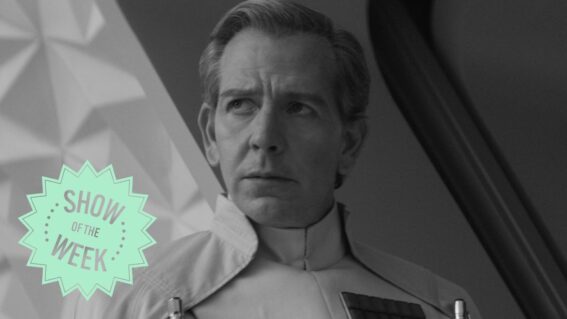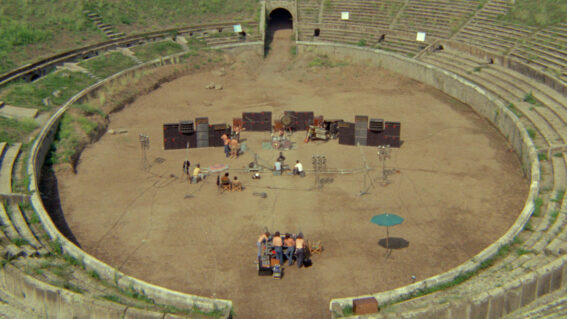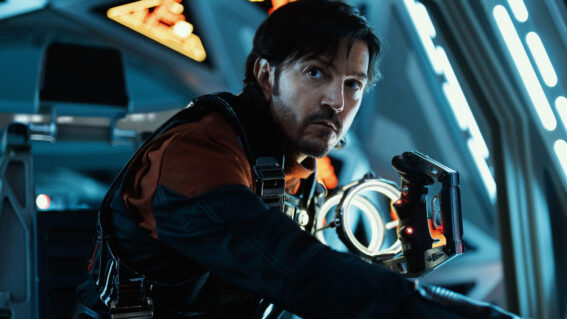Detroit: Become Human – gorgeous PS4 game with a very filmic direction
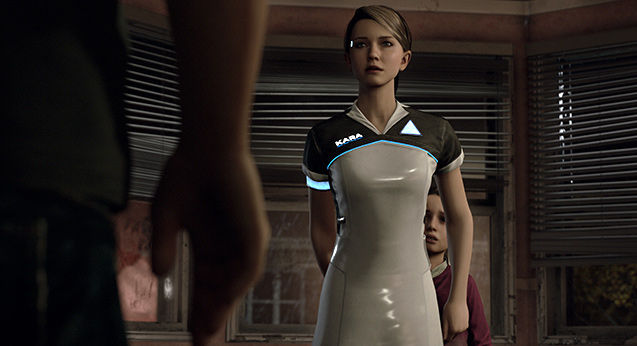
The term ‘interactive movie’ has seldom been more accurate than when applied to a Quantic Dream game, and the studio’s latest title is perhaps its most accomplished yet.
Detroit: Become Human is an ambitious neo-noir thriller set in America’s Motor City, in the year 2038. Androids that are almost indistinguishable from humans have replaced people in a wide range of jobs, which causes almost as much resentment as it does provide convenience. An unexplained incident begins to affect the androids – some disappear without any explanation, others exhibit unexpected behaviour and start to show emotion. Conflicts begin to break out and the story develops around a central theme of what artificial intelligence ultimately tells us about the human experience.
It’s a story that’s likely to resonate strongly with fans of Blade Runner; the sci-fi classic is clearly a main source of inspiration.
You take on the role of three androids – Kara, Connor and Markus – each of whom may survive or perish depending on the choices you make that shape the story. Games with complicated, dynamic narratives that can vary wildly depending on player choices and end on any one of several possible endings as a result have gotten much more popular in recent years. Telltale Games’ takes on The Walking Dead and Game of Thrones are fine examples, as is Until Dawn, an awesome love letter to ’80s horror movies.
But Quantic Dream games are perhaps the most cinematic. There’s a huge amount of care put into the cinematography, which is brought to life with extraordinarily life-like graphics. Playing Detroit: Become Human in 4K on a PS4 Pro, it really does look stunning. A vanilla PS4 won’t look quite as good, but it’s still a gorgeous game and the very filmic direction means it should bring joy to non-gaming film fans as well as seasoned button-pushers.
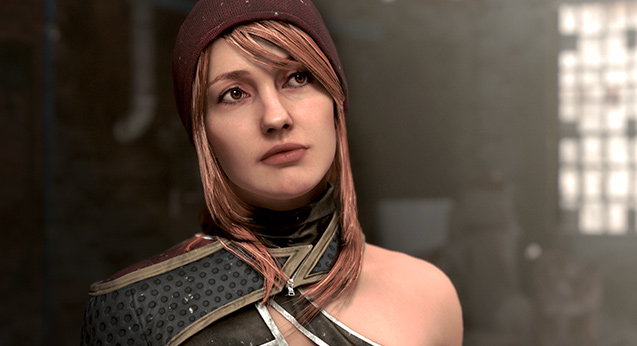
The cast includes the likes of Lance Henriksen, Clancy Brown, Minka Kelly and Jesse Williams. Remarkably, while the human characters feel like humans, the androids feel… slightly off… despite looking almost exactly like humans. It’s hard to tell whether that’s thanks to the top-notch acting, the craftsmanship of the animators or both, but it’s a great effect.
There are so many sci-fi flourishes worked into this game that will be so enjoyable to fans of the genre. It feels positively futuristic, not just thanks to the setting but also much of how the game is presented.
Some reviews have criticised the game’s narrative as being ham-fisted and without nuance. However, it’s arguably harder to employ true subtlety in a game than it is in film. It’s also important to not judge the experience as a film, as no film has ever been able to do what Detroit: Become Human does. The dynamic narrative and butterfly effect feel you get with each of the myriad options is consistently exciting and something that you simply cannot get in a cinema.
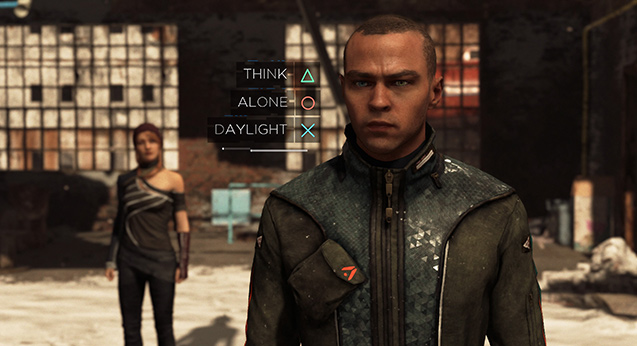
One of the greatest features in Detroit: Become Human that’s new for a Quantic Dream game is the flowchart. At the end of each chapter, you get a nice breakdown of all the choices you made and some idea of the number of other possible outcomes. This cleverly makes all the alternative choices ever more tantalising, giving those ‘what if’ ponderings a very graphic presentation.
This is a single-player game, but it’s the sort of thing that’s a lot of fun to play with someone else. Many of the decisions have to be made quickly, but there’s always enough time for the person without the controller to yell what they reckon you should do.
Of course, it’s the sort of game that will provide extra layers of fun on replays as you try out lots of the stuff you didn’t do the first time.
How much you’ll be moved by Detroit: Become Human depends on how strongly you connect with the story. It’ll be just fine for some and incredibly moving for others, but I can’t imagine anyone experiencing this and not being wowed by its beauty.
For fans of sci-fi, this is a no-brainer.
Go in the draw for a PS4 Pro console + Detroit: Become Human



